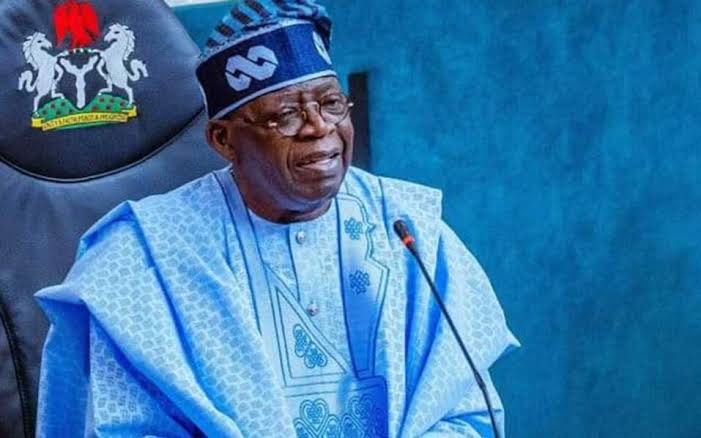Everything to know about Tinubu’s tax reform bill

Image Source: TheCable
President Bola Ahmed Tinubu introduced four tax reform bills to the National Assembly on October 3, aiming to transform Nigeria’s tax system and drive economic growth. However, this move has sparked controversy and opposition.
Here’s all you need to know about the tax reform bills
The bill aims to address Nigeria’s complex tax structure, making it easier for businesses to navigate tax requirements. By unifying tax laws, the bill especially supports small and medium enterprises (SMEs), helping them focus on expansion rather than navigating bureaucratic challenges. This streamlining effort aims to improve Nigeria’s ease of doing business, encouraging entrepreneurship and investment.
Revamping Tax Administration
Included in the reform are measures to modernise tax processes through technology. The proposed Tax Administration Bill will reduce ambiguity in tax obligations, using digital tools to improve efficiency and reduce delays. Additionally, the bill establishes the Nigeria Revenue Service (NRS) to replace the current Federal Inland Revenue Service (FIRS), introducing digital tracking for more effective tax collection, enhanced revenue security, and better allocation of funds for public services.
READ ALSO
SPOTLIGHT: Meet Oladapo Segun, the Nigerian inspiring lives through gospel song
Ensuring Fair Dispute Resolution
The Joint Revenue Board (Establishment) Bill introduces tribunals and a tax ombudsman to improve fairness in tax-related disputes. This step aims to build trust in the tax system by giving citizens an official channel to resolve grievances and hold tax authorities accountable.
VAT and Tax Rate Increases
The bill proposes a gradual increase in the value-added tax (VAT) from the current 7.5% to 15% by 2030. This change is accompanied by exemptions for certain supplies, including oil and gas exports, military hardware, and electricity supplied to the national grid. Additionally, companies will face a new tax structure, with a 27.5% corporate tax rate starting in 2025, decreasing to 25% from 2026.
Controversy Over VAT Distribution
A proposed derivation-based model for Value-Added Tax (VAT) distribution has drawn opposition, particularly from the Northern Governors Forum, who argue it may disadvantage certain regions. They have voiced concerns, advocating for a distribution model that ensures fair allocation across Nigeria’s diverse regions.
Calls for Broader Consultation
The National Economic Council (NEC) has advised the President to withdraw the bills to allow more consultation and foster alignment among Nigerians. Governor Seyi Makinde of Oyo State emphasized the need for consensus-building to make the reforms beneficial for all citizens.
What’s Next for the Tax Reform Bill?
If enacted, Tinubu’s tax reform may increase transparency, efficiency, and economic growth, with a more streamlined tax system supporting public services. However, further consultations and amendments may be necessary to gain the support of all stakeholders.

